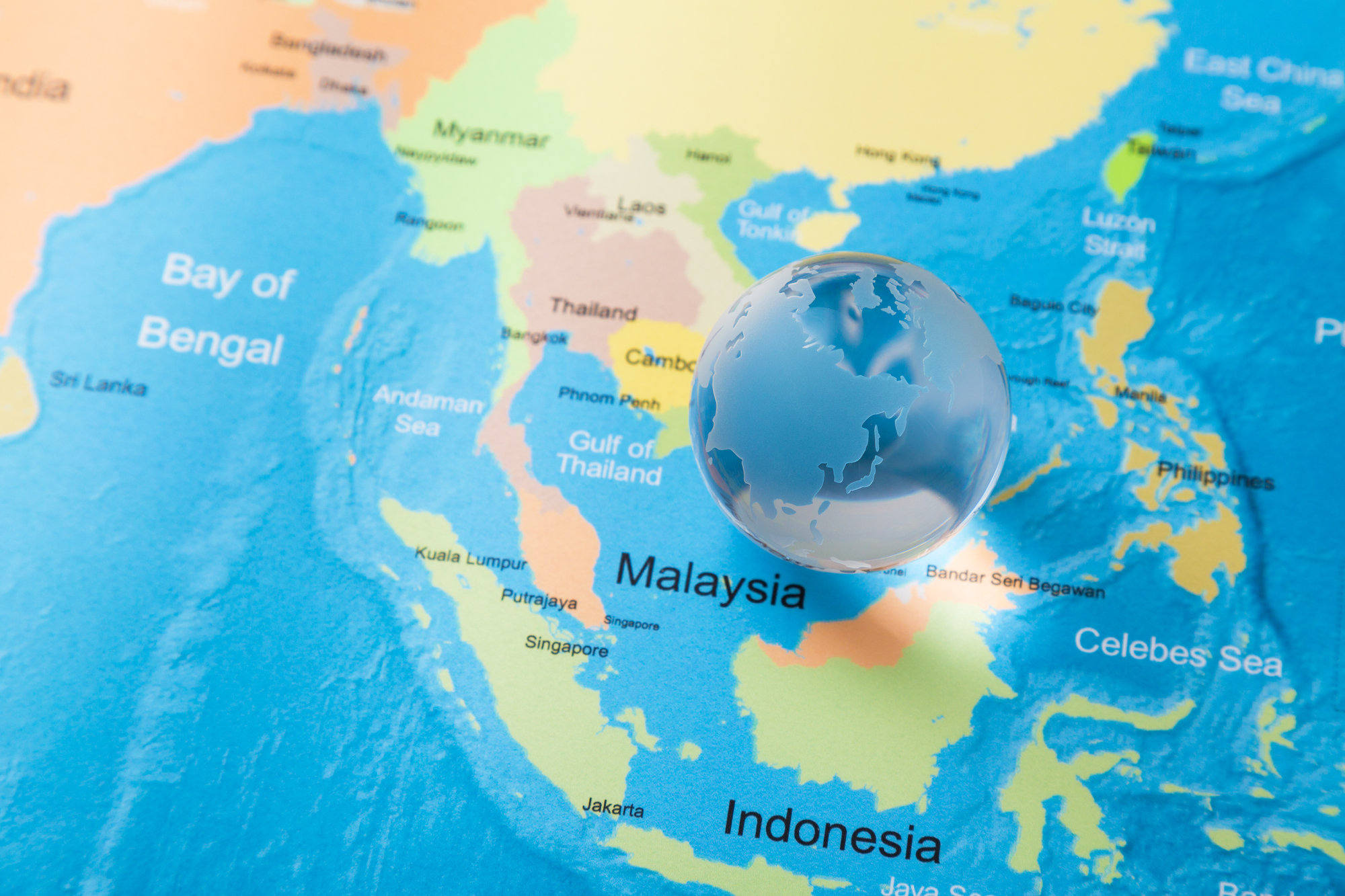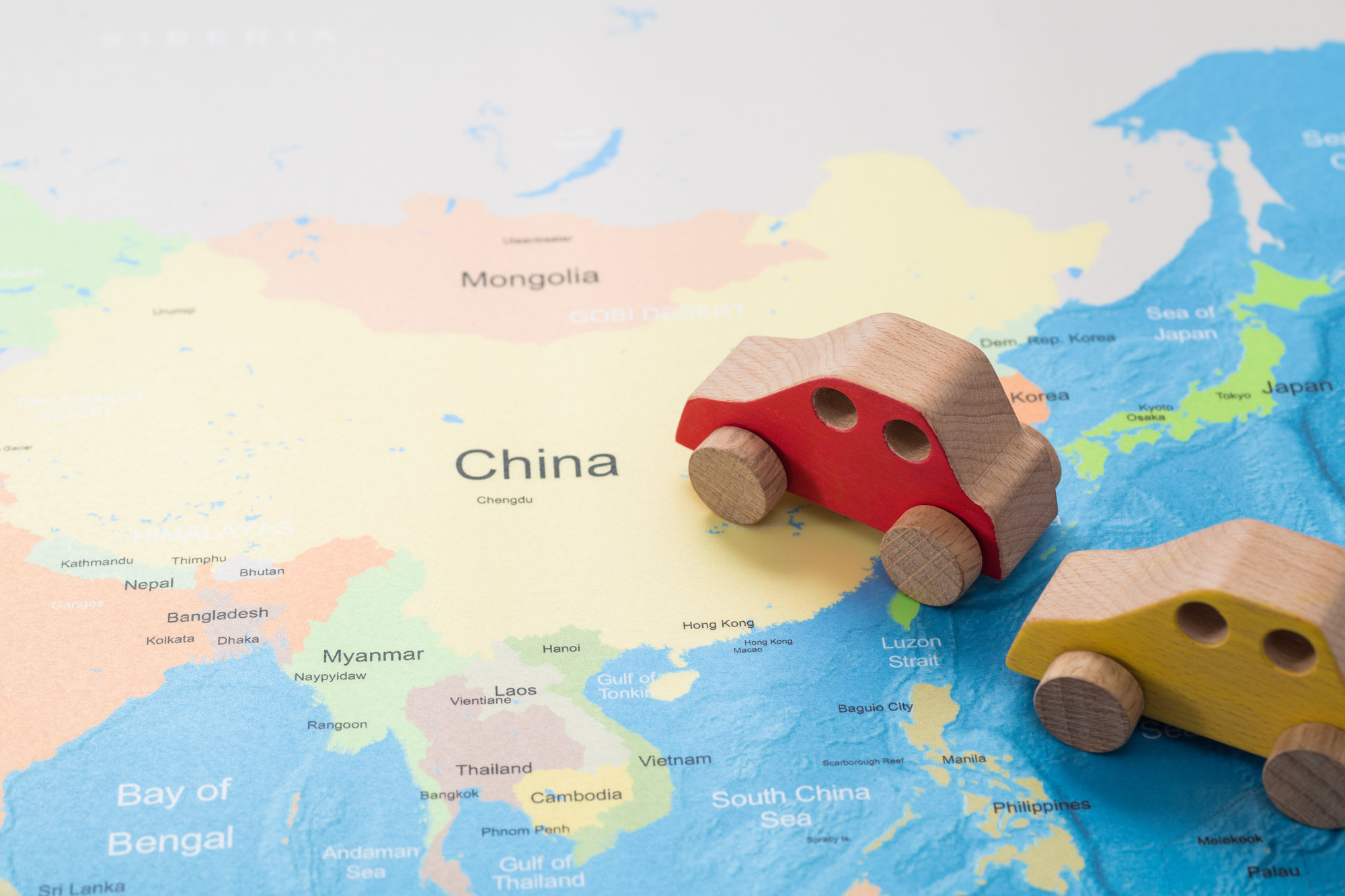2023/03/31
The Impact of the Invasion of Ukraine from Indonesia's Perspective by Aizawa Nobuhiro (Associate Professor, Department of Social and Cultural Studies, Graduate School of Integrated Sciences for Global Society, Kyushu University)
Since Russia's invasion of Ukraine, Southeast Asian countries have objected to the violation of sovereignty. However, they did not specifically condemn Russia by name, and, with the exception of Singapore, they did not participate in sanctions that would have worsened relations with Russia. Indonesian President Joko Widodo, popularly known as "Jokowi," also did not criticize Russia immediately after the invasion but rather issued a tweet on Twitter, "Stop the War," but did not go beyond that point politically.
For Southeast Asia, while avoiding choosing sides was a diplomatically rational position, on April 7, 2022, the United Nations Human Rights Committee was asked to vote on the resolution to disqualify Russia and make its decision. Southeast Asia voted against the resolution with Socialist Republic of Viet Nam and Lao People's Democratic Republic opposed, Republic of Singapore, Kingdom of Thailand, Malaysia, Republic of Indonesia, Brunei Darussalam, and Kingdom of Cambodia abstaining, and Republic of the Union of Myanmar and the Republic of the Philippines in favor.
There are probably three factors that explain the split decision among Southeast Asian countries and the abstention of the majority of Southeast Asian countries: 1. the degree of dependence on arms supplies, 2. the basis of comparison in understanding the uniqueness of the invasion of Ukraine, and 3. sympathy as a victim of sanctions. The author would like to focus on these factors to understand the impact on Southeast Asia, and especially on Indonesia, which has the largest population among them.






